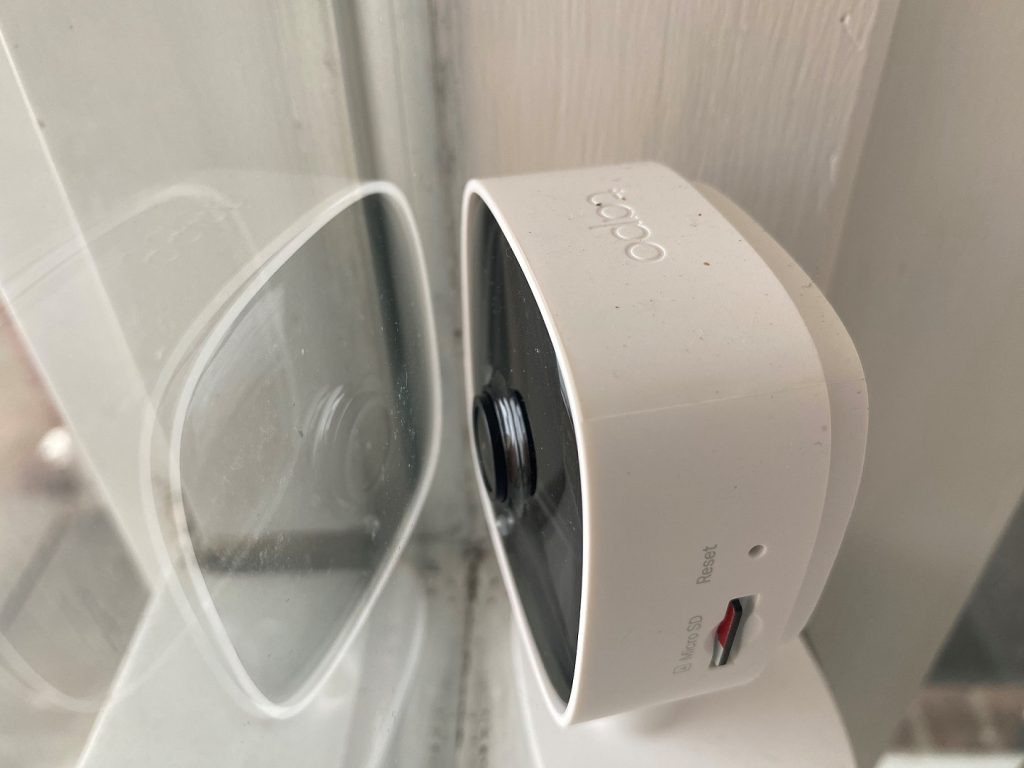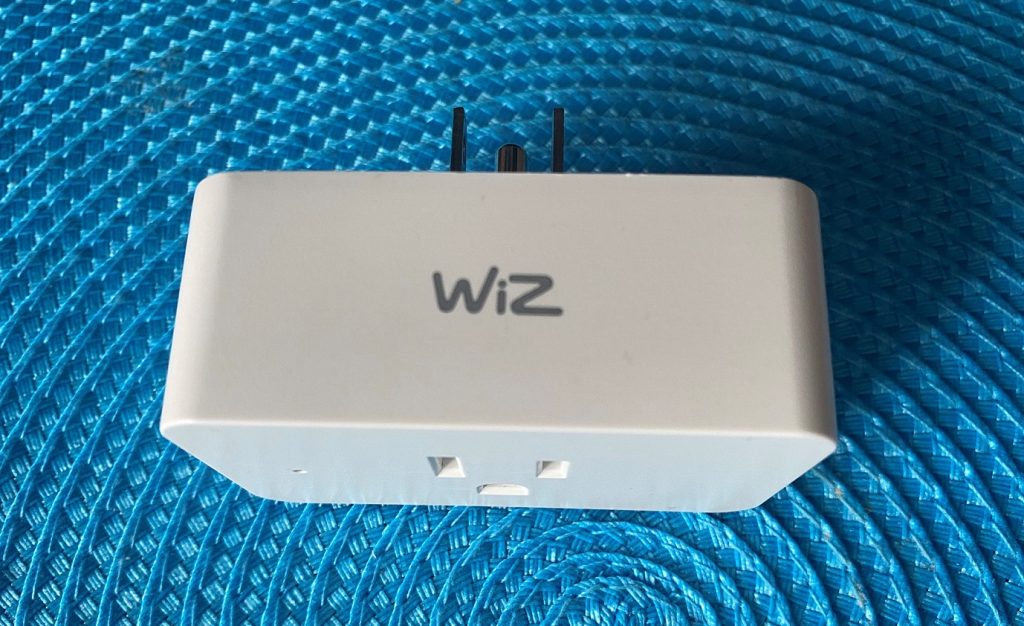(apparently I drafted this at the end of 2018, and am only publishing it now in 2023…)
Smart things in the context of IOT is a huge market. If you can put Wi-Fi in it, someone has tried, and someone has tried to market it. I like this. It’s fun. I enjoy being able to remotely control things from my phone or with my voice, as opposed to having 20 remote controls, one for each item. It is good. However it is not without issue.
One of the prominent issues surrounding IOT is security. If you can remotely access these things, especially sensitive things like video cameras or alarm systems (or large infrastructure), then there’s a chance that someone else (unintended) can too. This is concerning, although not my biggest issue.

I don’t disagree that security is important, but I think it’s manageable. My biggest gripe with these products is redundancy. Firstly the immediate, what if their servers have issues or what if my internet is down. But of greater concern to me, is what about when the company decides to no longer support my product. And this isn’t an if, it’s very much a when.
The vast majority of mainstream products require you to setup an account with them and then control your devices through theirs- or a compatible app. They work great (sometimes). Until they don’t. I’ve posted recently about how Nike have shutdown their servers for their GPS watches. The servers that you are required to connect to if you want to download data from your device. And there are many companies that have done similar things in recent years, and many more are still to come.
My issue is that there’s no reason for many of these services to require distant servers to control them. It’s one of the reasons I have limited our smart device purchases to a number of light bulbs that, at the end of the day, will at least still act like normal lightbulbs, even if the servers go out. But what are the alternatives?

Mainstream manufacturers do this for a number of reasons. I like to think mainly it’s because it truly is the easiest way for them to provide the best customer service. It is the easiest way to ensure customers get a product which works, and will continue to work as long as the manufacturer wants it to work. But obviously this also means there is some level of forced obsolescence too, never mind the data gathering opportunities.
I get that companies can’t carry on supporting old equipment forever. Keeping servers running as fewer and fewer users need them. Not getting any additional revenue for the cost. But the least they can do is release software at the end of a product’s life which allows a product to still be useful. Nike could easily have released a stand-alone product that could download the GPS data to my computer, and I’d still have been happy. Makers of other products could release firmware to allow local/direct control of electronics that otherwise require servers, and will just end up in the landfill. But they don’t.
So what is the solution? Doing it oneself? There are many downsides to this. Whatever I put together will not work as well. I don’t have the knowledge of hundreds of product developers. It will probably have more downtime than any product you purchase, because I’m not going to pay for the most reliable servers and products. But at least I’ll be able to keep it running as long as it’s useful to me. And that’s what I’m doing.
